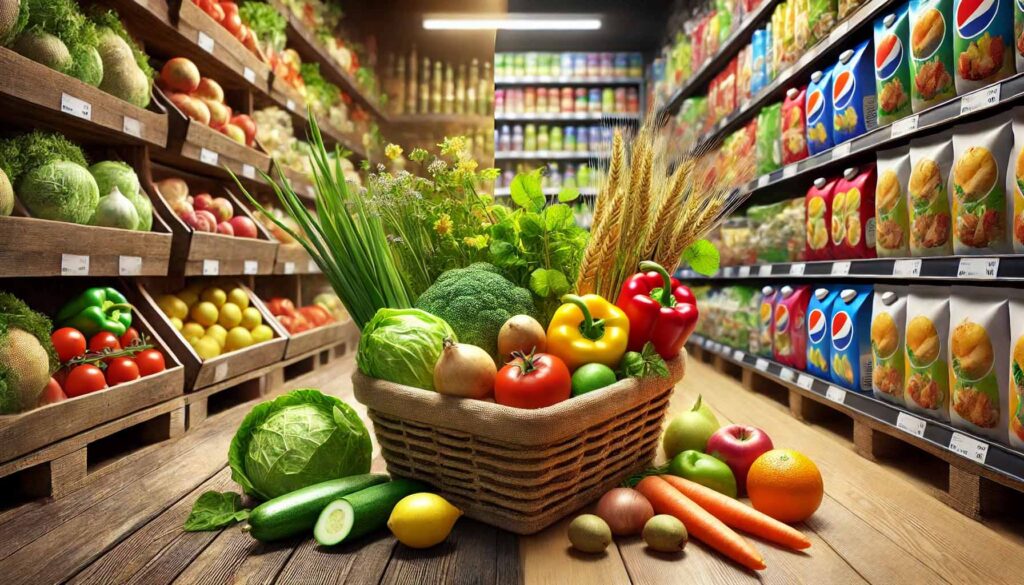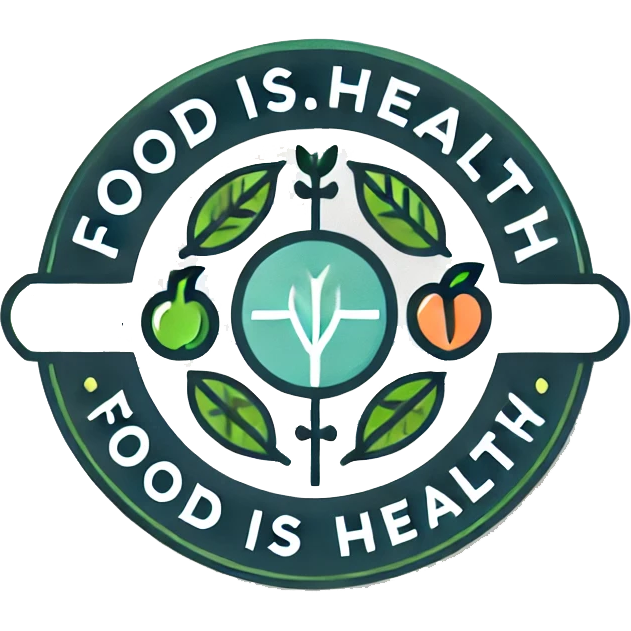When you’re standing in the grocery store or shopping online, spotting labels that say “organic” can make you feel confident about your choice. But how can you be sure that a product is truly organic? This guide will help you navigate labels, certifications, and other clues to make informed decisions.

Understanding the Term “Organic”
Before diving in, it’s important to know what “organic” actually means. In the U.S., organic products must meet strict standards set by the USDA. These standards regulate how crops are grown, how animals are raised, and how products are processed. Organic farming avoids synthetic fertilizers, pesticides, genetically modified organisms (GMOs), and hormones. Instead, it focuses on natural methods like crop rotation, composting, and biological pest control.
Key Certifications to Look For
The easiest way to verify if a product is organic is by checking for official certifications. These certifications indicate that the product has been inspected and meets specific organic standards.
- USDA Organic Seal
- In the U.S., the USDA Organic seal is the gold standard. Products with this label must contain at least 95% organic ingredients.
- For multi-ingredient items (like cereal or soup), the remaining 5% must come from an approved list of non-organic ingredients.
- Other Recognized Labels
- Certified Organic by [Agency Name]: These labels are often issued by third-party certifiers authorized by the USDA.
- European Union Organic Logo: If you’re shopping internationally, look for the green leaf logo indicating EU certification.
- Other Regional Certifications: Countries like Canada, Australia, and Japan have their own organic labels.
- “Made with Organic Ingredients”
- Products labeled as “made with organic ingredients” contain at least 70% organic components but don’t meet the requirements for the USDA Organic seal.
Inspect the Packaging and Labels
Reading labels carefully can tell you a lot about the product’s authenticity.
- Check for the Certification Logo
- Always look for a logo or seal from a trusted certifying body, like USDA, Canada Organic, or the EU Organic logo.
- Read the Ingredient List
- For processed foods, the ingredient list will reveal if the components are organic. Ingredients labeled as organic must be certified and cannot include synthetic additives.
- Beware of Misleading Terms
- Words like “natural,” “sustainable,” or “eco-friendly” are not interchangeable with “organic.” These terms are not regulated and can be used freely by manufacturers.
Ask Questions
When shopping for organic products, don’t hesitate to ask questions, especially at farmers’ markets or smaller shops. Questions like these can help you verify the authenticity of organic claims:
- Is the product certified organic, and if so, by whom?
- How are the crops or animals raised?
- Can I see the certification paperwork?
If the seller hesitates or cannot provide information, that’s a red flag.
Use Online Resources
Several tools can help you verify whether a product is organic:
- USDA Organic Integrity Database
- The USDA offers an online database where you can search for certified organic farms, processors, and handlers. If a product claims to be organic but isn’t listed, it might not be legitimate.
- Brand Websites
- Many reputable organic brands highlight their certification process and standards on their websites. Look for detailed information about their farming and production practices.
- Certification Agency Websites
- Some certification agencies maintain searchable lists of products and brands they have certified.
Verify Organic Produce
For fresh fruits and vegetables, checking the PLU code (the number on the sticker) is a quick way to confirm if the product is organic:
- A 5-digit code starting with “9” indicates organic produce.
- A 4-digit code means conventionally grown produce.
- A code starting with “8” (rarely used) means the produce is genetically modified.
Look for Red Flags
Here are some common signs that a product might not be as organic as it claims:
- No Certification Seal
- If a product doesn’t carry a certification seal, it’s not guaranteed to be organic.
- Unrealistically Low Prices
- Organic products are generally more expensive due to higher production costs. If the price seems too good to be true, it might be.
- Vague or Unverifiable Claims
- Avoid products with labels that use phrases like “organic-style” or “organically inspired” without certification to back it up.
Why Certification Matters
Certification is the only way to ensure that a product meets organic standards. It involves regular inspections of farms and production facilities, testing soil and water, and verifying that no prohibited substances have been used.
Shopping Tips for Trustworthy Organic Products
- Buy From Reputable Retailers: Choose stores or online shops known for selling certified organic products.
- Research Brands: Familiarize yourself with trusted organic brands and their practices.
- Go Local: Farmers’ markets often offer organic options, and you can talk directly with the grower to learn about their practices.
- Consider Membership Programs: Joining organic co-ops or CSA (Community Supported Agriculture) programs can give you access to fresh, certified organic produce.
Final Thoughts
Verifying that a product is truly organic doesn’t have to be overwhelming. By checking for trusted certifications, reading labels, and asking the right questions, you can make confident, informed choices. Tools like the USDA Organic Integrity Database and careful inspection of packaging will help you ensure that what you’re buying meets organic standards. Remember, being a savvy consumer is the key to enjoying the benefits of organic products while supporting sustainable practices.
Make sure to check out more articles in our News & Views section. Feel free to reach out any time to collaborate with Food Is Health on projects which help people heal through natural food & nutrition.
Organic vs Conventional Food | Food Preservatives & Additives | Anti-Inflammatory Diets | Gut Health & Probiotics | Plant-Based Diets | Detox Diets & Cleanses | Food Allergies & Sensitivities Functional Foods | Sustainable Eating & Food Waste | Ag Related Topics | Popular Topics
